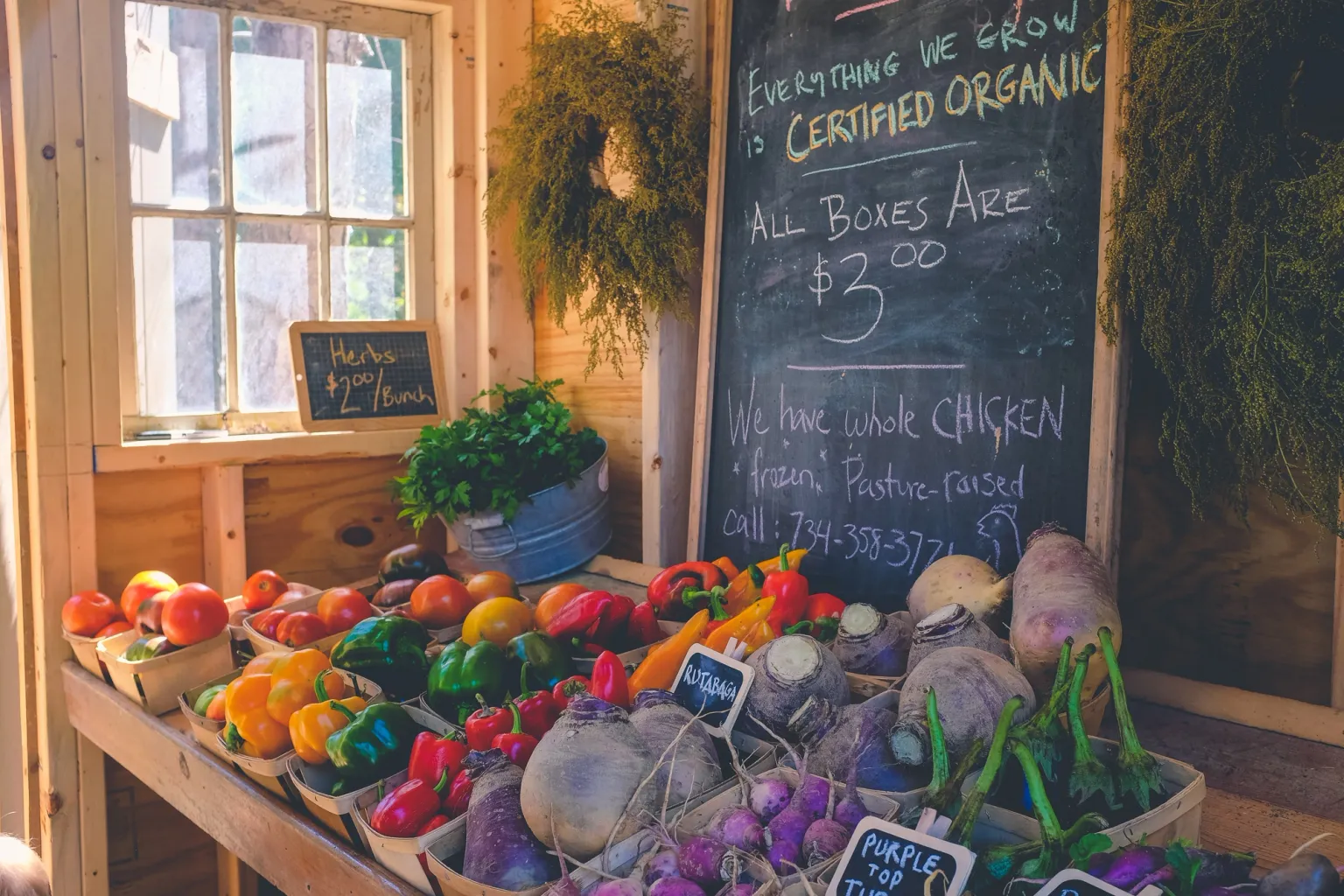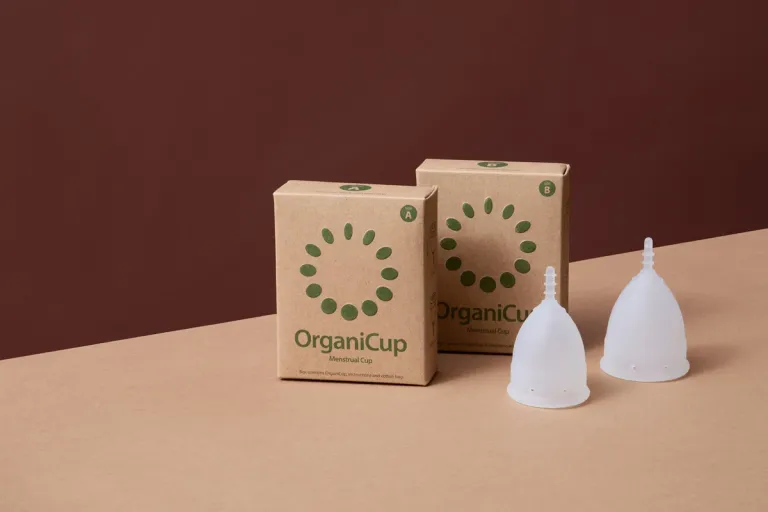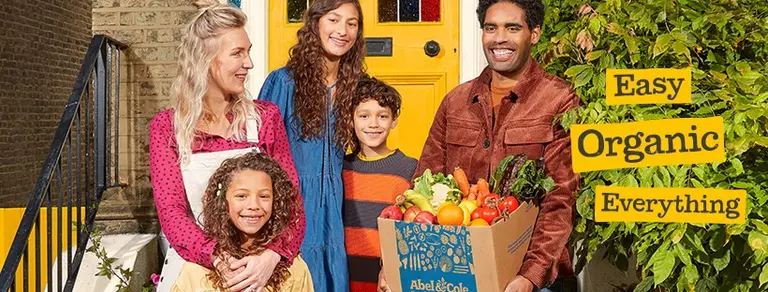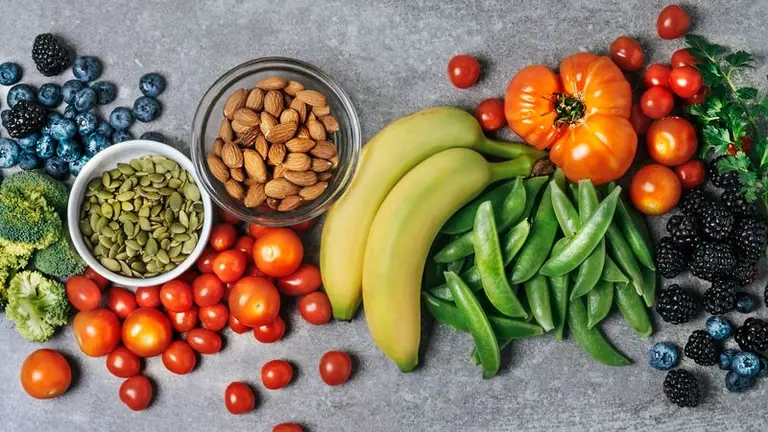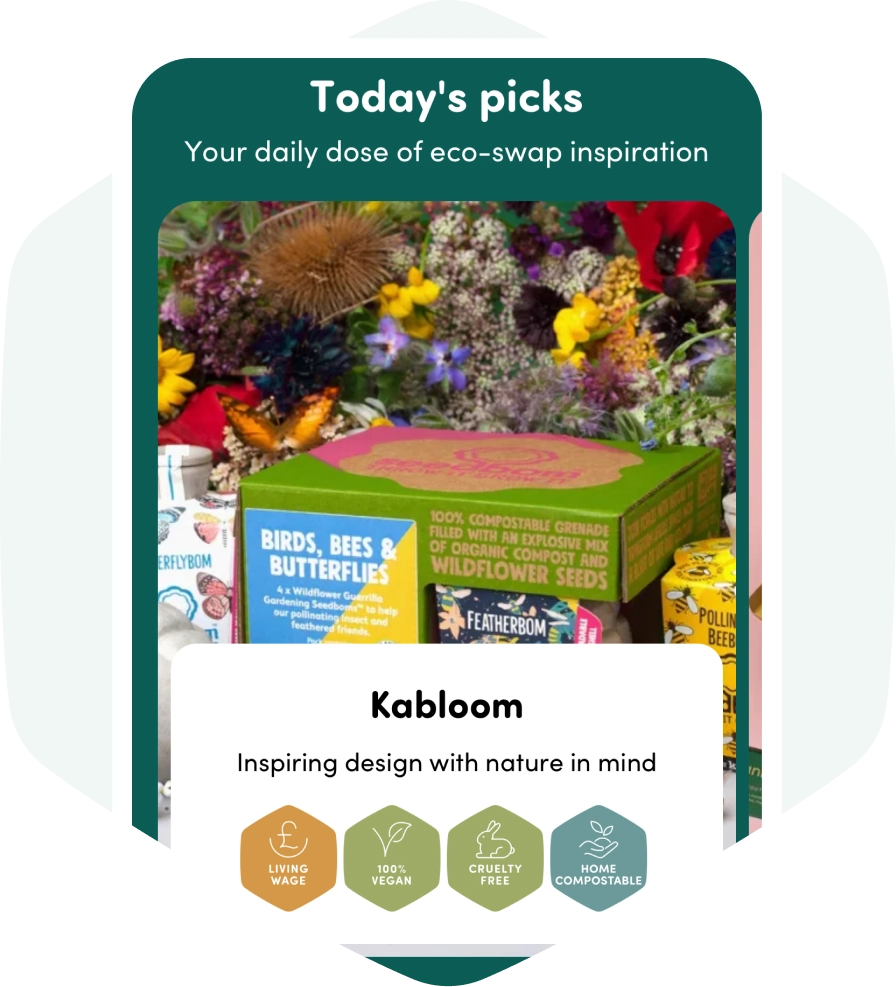By now, the benefits of organic produce are pretty well-documented. Organic food is better for the planet since it requires no artificial fertilisers and promotes healthier soils that can store more carbon. It’s better for animal welfare, as organic standards ensure that all animals reared for meat and animal products have a better quality of life. It’s better for wildlife, as organic farming supports cleaner water and richer biodiversity. And of course, it’s good for people, too – organic produce has lower concentrations of pesticides and heavy metals, and higher levels of antioxidants and beneficial omega-3 fatty acids.
So to celebrate Organic September – the Soil Association’s month-long campaign to celebrate all things organic – let’s take a look at some of the things you might not know about organics.
1. Organic food is becoming more popular than non-organic
According to the Soil Association Certification’s Organic Market Report 2021, the UK’s organic market is now worth £2.79 billion after seeing a 12.6% rise in sales in 2020. This ninth consecutive year of growth is marked jump on the previous year’s reporting period, which saw sales of organic food and drink up by a comparatively smaller 2.5%. The Soil Association says organic food is now outperforming the non-organic sector in terms of growth, and is expected to reach £2.9 billion by the end of 2021.
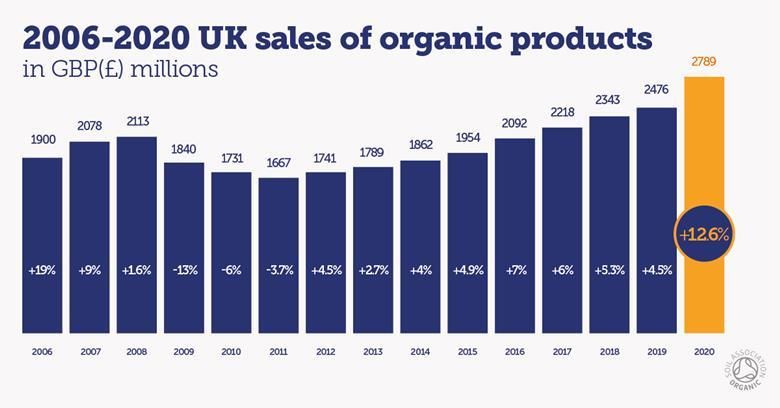
2. Organics isn’t just about fruit and veg
While organic products are commonly associated with fresh produce, there are actually organic options for a whole range of things, from store cupboard basics such as rice, coffee and olive oil, to clothing, beauty products and furniture. In fact, almost anything that’s derived from plant-based materials can have an organic counterpart.
3. Some organic produce is more beneficial than others
Every year The Environmental Working Group publishes its ‘Clean 15’ and ‘Dirty Dozen’ lists, outlining which types of produce contain the lowest and highest levels of pesticides, helping consumers identify where it makes the most sense to choose organic. Currently, avocados are rated as the cleanest type of produce, while strawberries, spinach and kale top the charts for the highest pesticide use – so you might want to opt for their organic counterparts.
4. You can’t wash away chemicals
While we’re on the subject of pesticides, it’s worth noting that these and other chemicals used in conventional agriculture don’t simply sit on the skin of fruit and veg – they make their way into the flesh of the produce, too. Still, it’s always a good idea to give your fruit and veggies a rinse anyway, whether they’re organic or not.
5. Organic farming is nothing new
You might think ‘organic’ is something of a modern-day buzzword, but it was once the only kind of farming that existed in the world. It wasn’t until after the Second World War that fertilisers and chemicals became an agricultural mainstay.
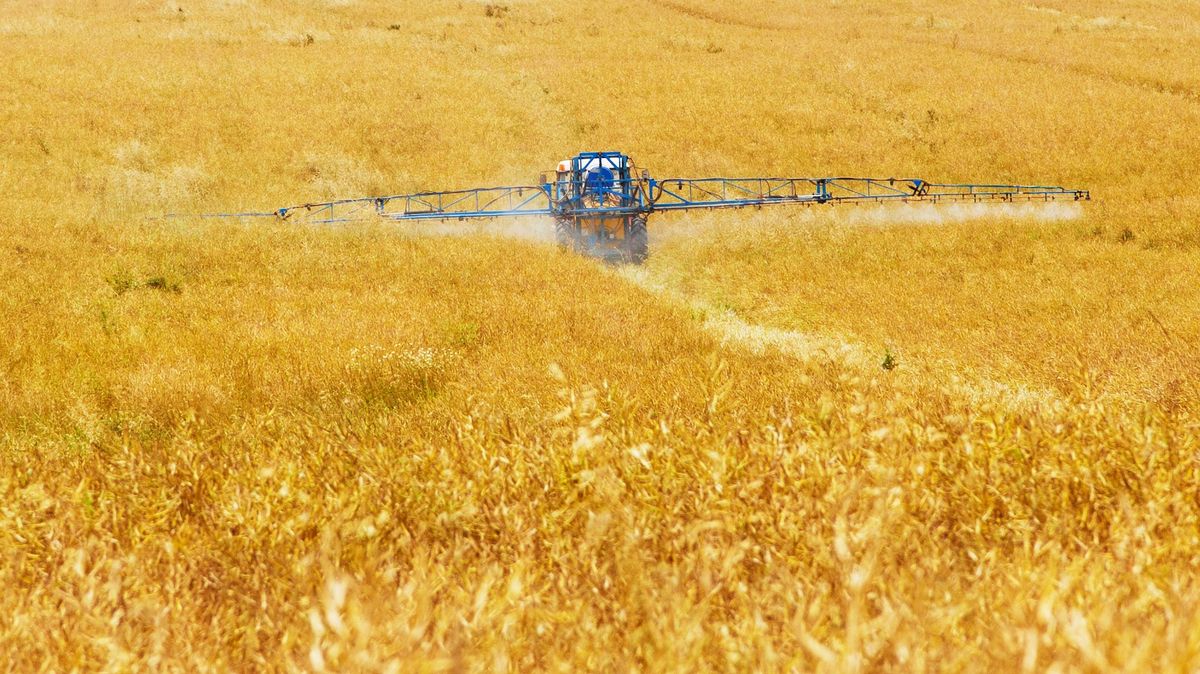
6. Converting to organic is a big undertaking for farmers
While organic produce is becomingly increasingly popular among consumers, farmers can’t simply make a quick switch to meet demand. Converting to an organic farm usually takes around two years depending on how the land is used and what crops are being grown, and then there’s paperwork, certifications and rigorous inspections to deal with before any produce can be sold.
7. ‘Natural’ is not the same as organic
Getting proper organic accreditation can be costly and time-consuming for companies, so some of them will try to get around it by claiming their products are ‘natural’ or ‘certified naturally grown’ –these terms are generally meaningless. Always look for proper certification. In the UK, this will come from one or more of the following:
8. Organic food is massive in Denmark
Denmark is the most pro-organic nation in the world – 14% of all food purchased in the country is organic, with three out of four Danes buying organic food every single week. Denmark even has its own dedicated day to celebrating organics – the third Sunday of April – and they mark the occasion by letting their organic cows out of their barns to graze for the summer. Some cows are said to be so enthusiastic for this that they run, leap and even ‘dance’ with excitement!
Shop ethy accredited Organic brands
You may also like...
Sign up for our newsletter
Get the latest sustainability news delivered directly to your inbox.
